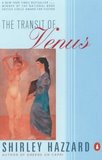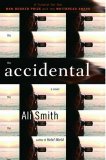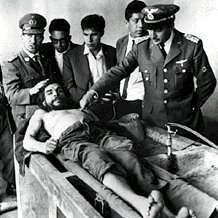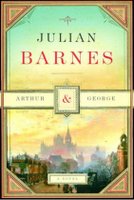Eat, Pray, Love by Elizabeth Gilbert
 I didn’t expect to like this one. I expected the author to be a dabbler who was perhaps more stuck on herself than she had a right to be. I found her instead to be a seeker—a seeker after God and the best way to live her life. I liked the book because she was kind to and about everyone she met, because she recognized that belief was important, that God was God and was unlikely to be understood perfectly for all time by any of the religions that have defined him and prescribed how he should be worshiped. I also liked her because she was light-hearted and funny and because while she took her search for God and for balance in her life seriously, she didn’t take herself too seriously nor believe hers was the only path to religion.
I didn’t expect to like this one. I expected the author to be a dabbler who was perhaps more stuck on herself than she had a right to be. I found her instead to be a seeker—a seeker after God and the best way to live her life. I liked the book because she was kind to and about everyone she met, because she recognized that belief was important, that God was God and was unlikely to be understood perfectly for all time by any of the religions that have defined him and prescribed how he should be worshiped. I also liked her because she was light-hearted and funny and because while she took her search for God and for balance in her life seriously, she didn’t take herself too seriously nor believe hers was the only path to religion.After a nasty divorce which left the her feeling badly about herself and an intense love affair that didn’t work out, the author decided to take off a year and devote it to finding God and balance in her life. (She had the good fortune to be a writer who could sell the idea to a publisher and get an advance to finance the trip.) She had always wanted to learn Italian—because it was a beautiful language. She’d already found a Guru in New York and wanted to visit her Ashram as well as visit India and she’s been to Bali on a magazine assignment and met a medicine man who told her to come back. So she scheduled four months in Rome, four months in India and four months in Bali.
I hated the title of the book—made it sound exactly like the kind of frivolous book I expected it to be. It’s true she ate at lot in Italy, and prayer was the center of her life in India, where she didn’t travel at all but spent the whole time in the ashram, and she fell in love in Bali. That doesn’t make it a good title.
What I did like about this book was the journey of self discovery that was not totally focused on the self but acknowledged the God she could come closer to. I liked that she went into this not with the intention of retreating totally from the world but because she knew herself well enough to know that her place was in the world but that she needed to redefine that place, face her sorrows and shortcomings, learn to achieve harmony with God and balance in her own life. There was nothing magic in Italy, India and Indonesia (the “I” countries?) except that each represented some unfinished business and potential for growth for her.
I liked the India part the best because it seemed she did the most “work” there and achieved the most understanding there, but Italy allowed her to begin to like herself again after a bad couple of years and Bali showed her what she’d learned in the ashram could in fact be incorporated into her way of life. The book ends at the beginning of a vacation with her Brazilian lover without suggesting a fairy tale ending and outlining a happy-ever-after.







